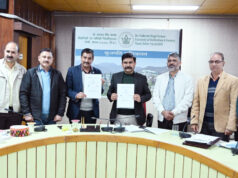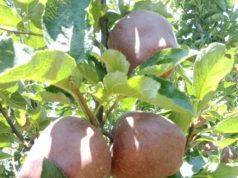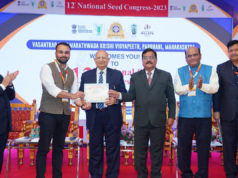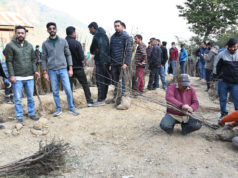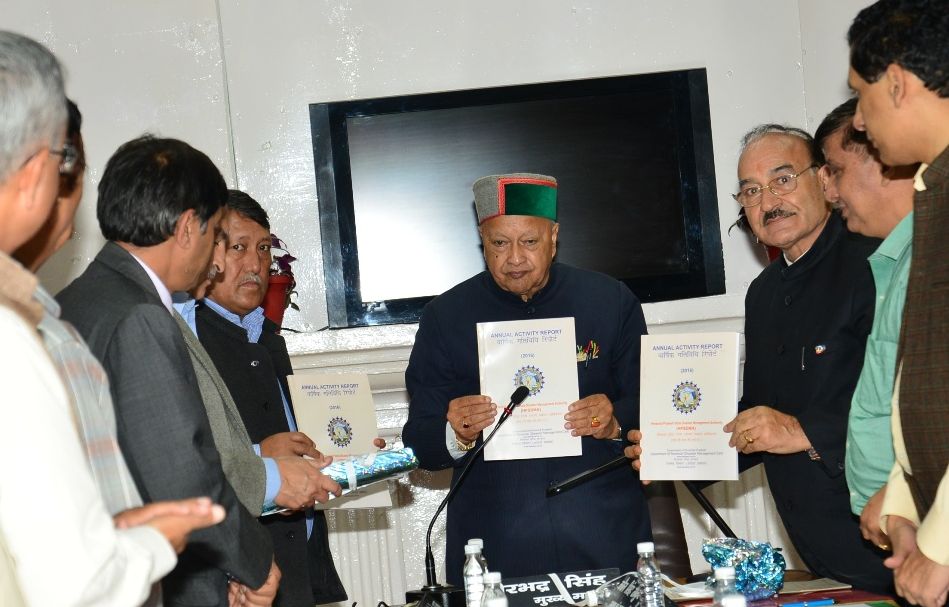Product developed with the help of Nauni varsity under startup scheme
Nauni/Solan: Soon the people will be able to buy pure organic incense sticks prepared from flowers offered by devotees at religious places. Under the campaign ‘Yuvan’, Una based entrepreneur Ravinder Prashar, with the technical guidance from the scientists of Dr YS Parmar University of Horticulture and Forestry, Nauni, has developed incense sticks by utilizing flower offerings from temples.
The idea, supported under the Chief Minister’s Startup scheme aims to provide a novel solution to the problem of disposal of flowers offered by devotees at places of worship. Moreover, these flowers used in religious places and functions also get a new life in the form of incense sticks.

Ravinder, who has completed his Bachelor degree Engineering from BITS Pilani had registered a company –Yuvan Vendors during the last semester of his MBA. Thereafter, he took up this with the CM Start-Up Scheme of the state. On approval, Nauni University’s Department of Floriculture and Landscape Architecture was allotted to him as his incubator. At Nauni University product was developed under the mentorship of Dr Bharti Kashyap, who along with Dr YC Gupta and Dr Manoj Vaidya provided the scientific input in product development. The testing for the product was done at the Floral Craft Lab of the university.
The process uses natural portions and essential oils from flowers to make the organic incense with no charcoal or any other synthetic chemical. In addition, the process of making the stick is completely carbon neutral. No waste is generated from this process and even the unused portions of the flowers are being utilized to make compost. The company has already developed five fragrances including rose, sandal and lavender. All the sticks are rolled with hand. These will be available to the customers from June onwards. UHF Vice-Chancellor Dr HC Sharma recently launched the incense sticks during the rose festival of the university.
Ravinder thanked the CM Start-Up Scheme, university and its scientists for their guidance and support in making the product a reality. He said, “The objective was to utilize the pious flowers from the temples and utilize them to make organic incense sticks. Through this, we also wanted to provide an alternative to the disposal of these flowers in open areas and drains.”
Congratulating Ravinder and the university scientists on their achievement, Dr HC Sharma, University Vice-Chancellor said, “It is very heartening to see young entrepreneurs coming up with novel ideas that not only generate jobs but also address some problems the society faces. The university regularly helps farmers to establish new enterprises through the dissemination of information and transfer of technology and will continue to support such initiatives in the future as well.”
Dr Sharma was of the view that in order to give respect to the agricultural profession, people particularly the youngsters will have to take up entrepreneurship in this field.
The startup scheme envisages practical exposure, orientation training, entrepreneurial guidance and handholding to potential entrepreneurs whose projects are approved. Once a project is recommended by the host institution and approved by the empowered committee, monthly support is provided as sustenance allowance for one year. One such incubation centre was established at UHF in 2017. The centres support startups and innovation by providing mentoring services, access to their labs, facilities on a free-of-cost basis.





